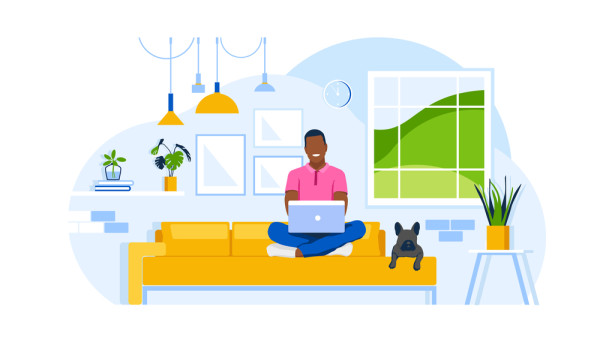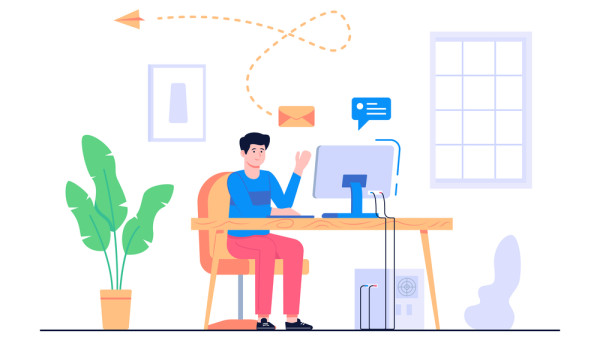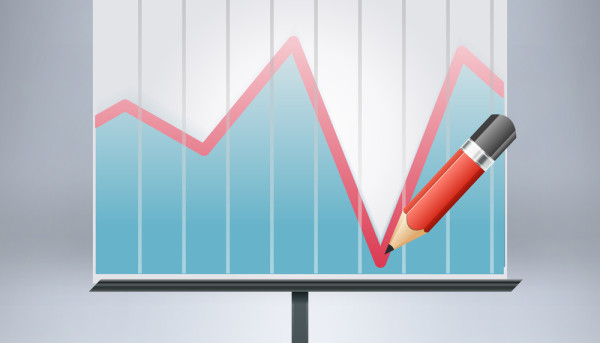Buying a Home - Can You Afford a Home?

Buying a home is a big decision and it is important to have the right information. Here are some of the things you should know about financing a home.
Preapproval letter
Obtaining a preapproval letter is a great way to boost your chances of getting a mortgage. It's an indication that you're serious about buying a home and that the lender is willing to work with you. However, it doesn't mean you're guaranteed to get a loan. Depending on your financial situation, you might have to reapply for a loan.
When obtaining a preapproval letter, you'll need to provide your lender with your current financial information. This includes your credit score, your debt-to-income ratio, and other factors. Your lender will also check your employment and other information to see if you're qualified for a home loan.
Although getting a preapproval letter does not guarantee you will get a loan, it can give you a competitive advantage over other buyers. This is especially true if you're looking for a home in a competitive market. Having a preapproval can also speed up the home buying process.
The preapproval process can help you identify potential problems in your financial situation. It can also help you identify issues that you might want to address before you begin home shopping. For example, you might decide that you need to save for a larger down payment. You may also decide that you need to reduce your debt.
Getting preapproved gives you a leg up on other home buyers and will help you shop for the best deal. It's important to get a preapproval letter before you begin home shopping to avoid falling in love with a home that is too expensive for you.
The preapproval process will also help you get a handle on how much money you can afford to spend on a home. Your lender will calculate your debt-to-income ratio, which is the total monthly debts divided by your monthly income.
Down payment
Buying a home is a big deal, and you want to make sure that you have enough money in your pocket for the down payment. The down payment is a lump sum amount of money that you pay in cash upfront, and it usually helps determine the type of loan you qualify for.
There are many factors to consider when making a decision about your down payment. Generally, a larger down payment will lead to lower monthly payments, and in turn, lower interest rates. In addition, the bigger down payment will allow you to access larger amounts of home equity, which can be used for large expenses such as remodeling.
It's always wise to build an emergency fund, but you also want to make sure you have a large enough down payment. If you're short on cash, you can use your 401(k), a loan from your relatives, or a combination of the two.
It's also wise to use a mortgage calculator to find out what your monthly payment will be. These are free and will help you figure out what you can afford.
It's also important to keep in mind that the down payment will have an effect on the type of loan you qualify for, as well as your long-term financial health. A larger down payment will allow you to qualify for a lower interest rate, and you may be able to avoid paying PMI mortgage insurance, as well.
The down payment also has a direct impact on your loan-to-value ratio. A smaller down payment will mean that you are paying more interest and fees over the life of your loan. A larger down payment will lower your monthly payments, and may also make you more competitive in a multiple-bid situation.
Closing costs
Buying a home can be an expensive endeavor. However, there are many ways to reduce or eliminate the closing costs of buying a home. The amount of closing costs you will pay is dependent on the type of loan you choose, your location and the size of your down payment.
Mortgage fees are one of the most common types of closing costs. Lenders charge an application fee, loan origination fee and credit check. Some lenders offer a zero-cost mortgage, while others charge a flat fee. If you are considering a mortgage with a zero-cost option, you should ask the lender what services are included in the fee.
Appraisal fees are also a common cost of buying a home. Appraisals are used to verify the value of the home. They can also be added to the closing costs. These fees can be paid by the buyer or the seller.
Title fees are another common closing cost. Title insurance protects the buyer against claims related to the ownership of the property. They typically cost between 0.5 and 1% of the loan amount. This insurance also protects the buyer against a construction lien.
Insurance is often paid on a monthly or quarterly basis. Home insurance can also be rolled into the mortgage. However, the costs of home insurance vary depending on the type of coverage, your location and the amount of coverage you need.
Other costs to consider when buying a home include taxes, insurance, appraisals, inspections and other costs associated with the financing of the home. Some costs are required by government agencies, while others can be negotiated.
Some of the costs associated with buying a home are deductible. For example, if you are a first-time homebuyer, you may qualify for a discount on your home insurance.
Boosting your credit score
Boosting your credit score before buying a home can save you a lot of money. A higher score can help you get the best interest rates and make it easier to get approved for new loans. However, it can take months to see the results of your efforts.
You can raise your credit score by limiting your spending, paying off old debts, and making payments on time. You should also consider lowering your credit utilization. Credit utilization is a large factor in credit scores. This measure is how much debt you carry compared to your total credit limit. Lenders prefer to see credit utilization below 30 percent.
You can improve your credit score by taking advantage of free credit reporting services. Experian Boost, for example, adds payment history from your phone bills and utility bills to your credit report.
You can also take advantage of low-cost credit-builder loans. They can help you build credit without the long-term commitment of a traditional loan.
The length of your credit history is also an important factor. A longer history is more reliable in predicting your future behavior. Even a few small purchases can help you build a stronger history.
Paying off old debts can increase your credit score quickly. However, you should weigh the potential costs and benefits of improving your score.
You should also avoid taking on new debt while you're preparing to buy a home. While it may be tempting to take out a new loan, it can be detrimental to your credit score.
You can boost your credit score before buying a home by paying off old debts. Paying off your debts will help you get a lower credit utilization ratio, which can increase your credit score. It will also show creditors that you're responsible with your credit.
Having a cash reserve
Having a cash reserve when buying a home is a good idea. It shows your lender that you are able to make your mortgage payments. It also helps you avoid early-term default.
The amount of cash reserve you need depends on your lender and the type of property you are buying. It is also dependent on your credit score. However, most lenders require a certain amount. Some lenders accept gold or silver as cash reserves, while others require a percentage of the other financed properties.
Some lenders also require a cash flow statement to demonstrate that you have enough money to cover your home's expenses. The cash flow statement shows how much money you are spending and how much you are able to save. You should have at least three to six months of expenses set aside for an emergency.
Cash reserves also have the advantage of being able to cover unexpected expenses. A new appliance or piece of furniture may increase your short-term costs. Having the extra cash in your bank account can prevent foreclosure and allow you to make extra payments without running out of money.
In addition to having a cash reserve, it is also a good idea to establish a small business emergency fund. This fund can help you weather the storms of a tight economy.
In addition to a cash reserve, you may also want to consider setting aside a small amount of money in a money market account or a checking account. These accounts can help you keep your business in good shape.
There is also the money marketing fund, which is a short-term investment that can be quickly converted into cash. However, this is not a substitute for setting up a savings account or emergency fund.










